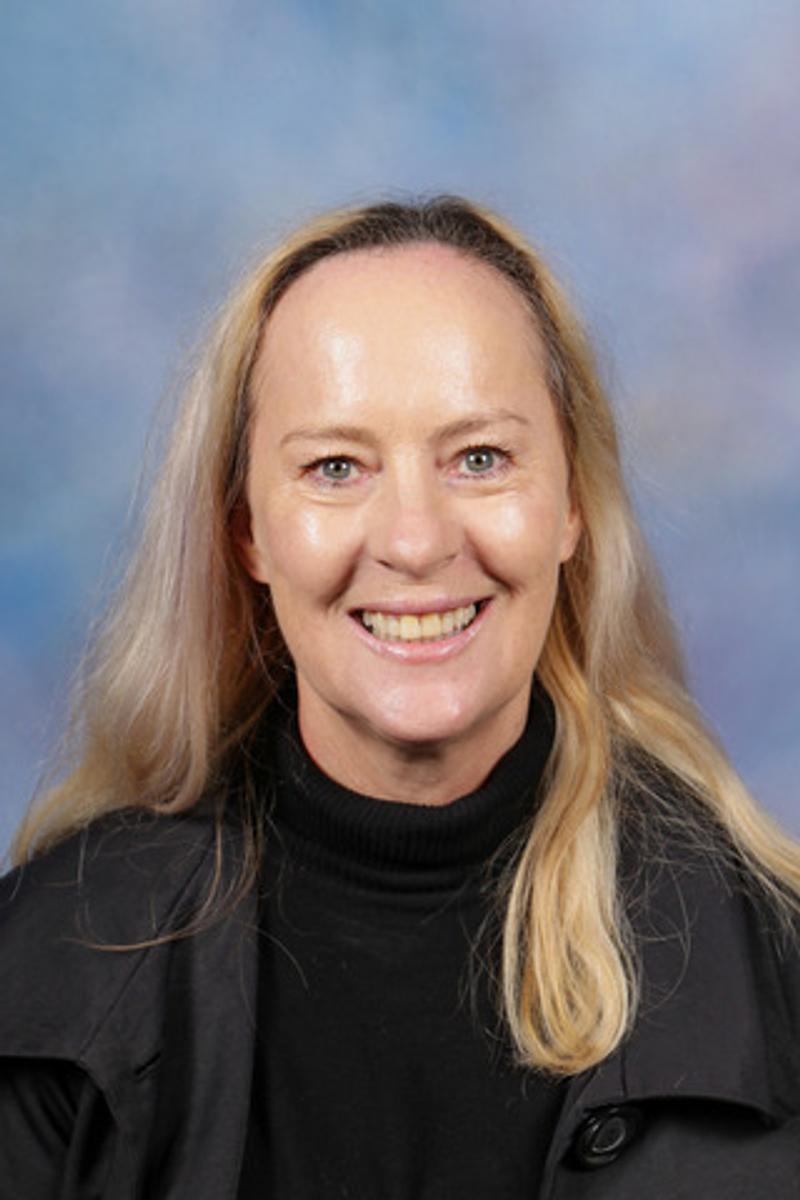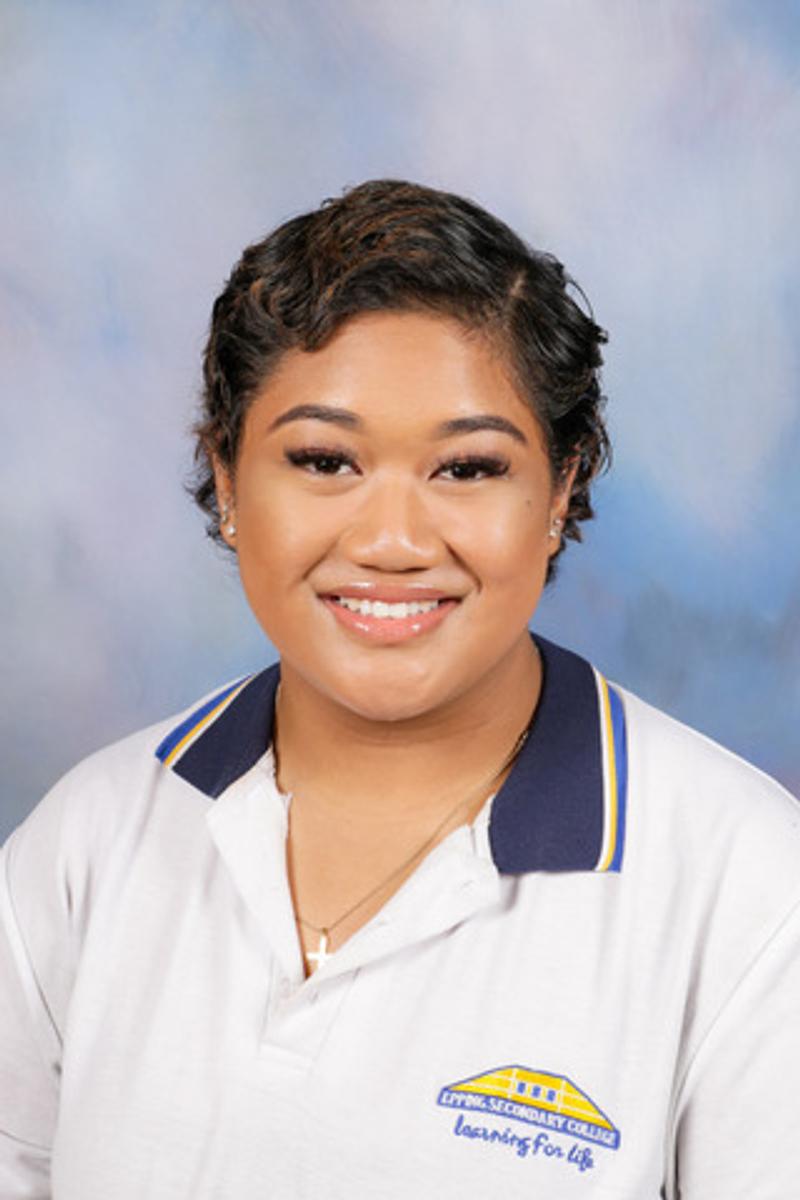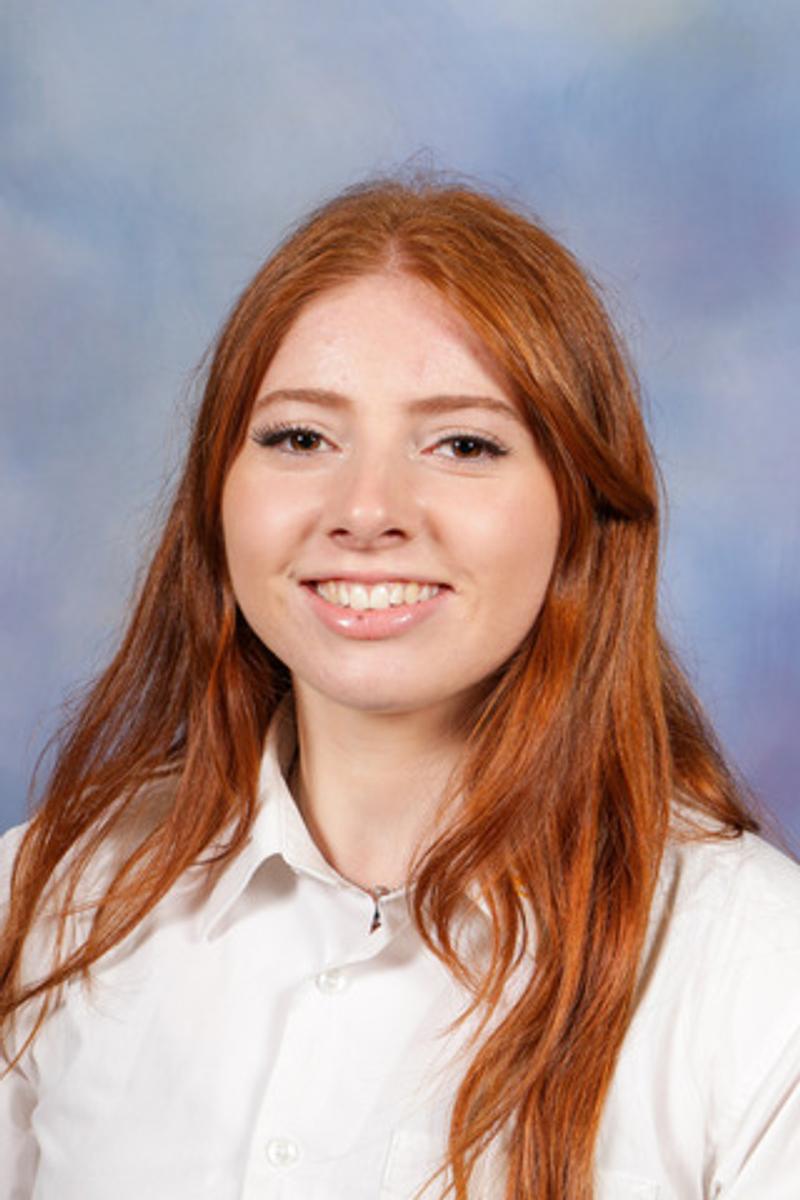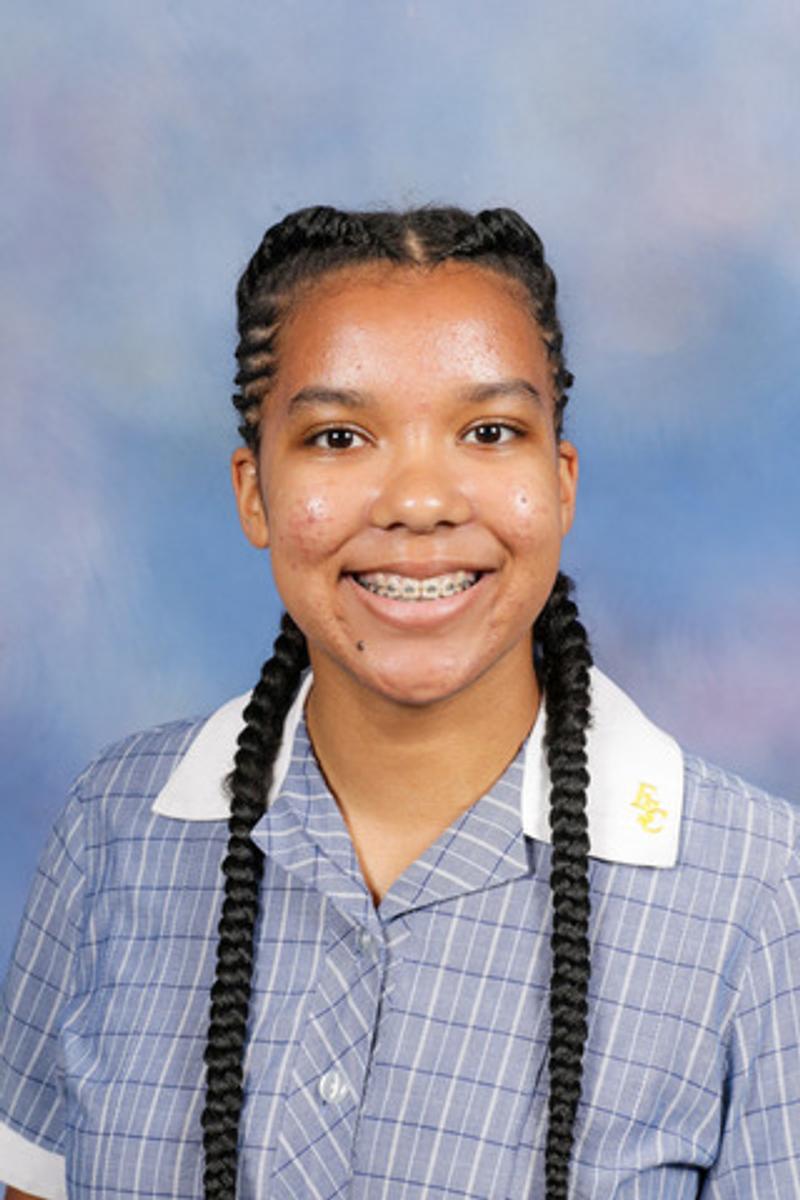Multicultural Day
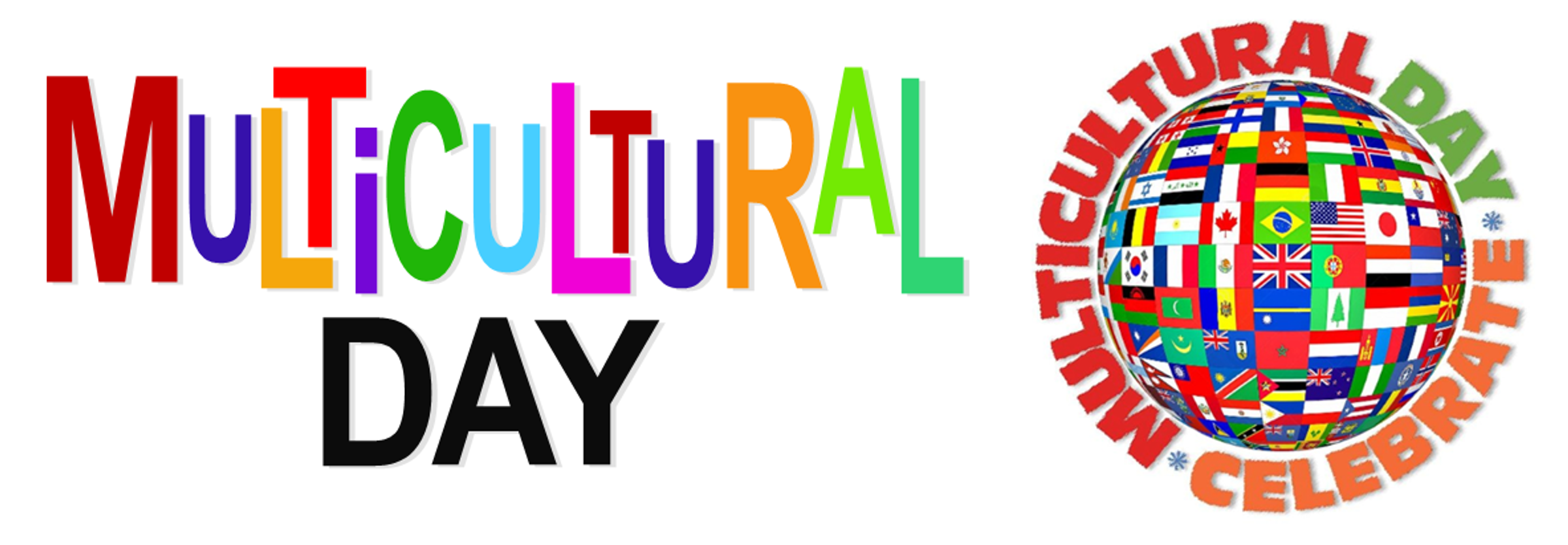
Celebrating Diversity
Our school leaders wanted to celebrate the richness and diversity of our EPIC community here at Epping Secondary College which includes Aboriginal and Torres Strait Islanders and students representing over 35 nationalities in our multicultural and diverse community.
Our school motto is “Learning for Life” and we are all encouraged to be empathetic, global citizens that mean we respect all people, all cultures, all faiths and all genders.
We celebrate all of our students and the richness that our multicultural community provides. As always, we take a stand against racism and discrimination – because when we are divided as a community we are diminished.
Together we are stronger.
Let’s celebrate our amazing multicultural community and let’s always make sure our community is welcoming to all, inclusive of all and tolerant of all.
Be proud of your culture, your heritage, your history – we celebrate you all.
Check out the ESC Learning for Life website to see student voice in action and find out what culture means to students:
https://sites.google.com/education.vic.gov.au/esclearningforlife/multiculturalism
Colleen Hart
Positive Education and
Year 7 Coordinator
I am a proud Samoan, my culture has taught me valuable beliefs and morals that I reflect in my thoughts and my actions in everyday life. I celebrate Samoan Independence Day, which is the day Samoa regained independence from colonisation. This day reminds me of the strength and camaraderie of my people and it makes me strive for a better future.
It is crucial to take advantage of the abundant diversity within Australia, to learn and respect others. I believe my culture is not only defined by our history but also the new connections we form with others.
Embrace your culture and celebrate our country’s diversity!
Madison Sami
Social Justice Captain
It’s time for Australia to have a treaty with its First Nations People
(Acknowledgment to country) I’d like to begin by acknowledging the Traditional Owners of the land on which we meet today, the Wurundjeri People of the Kulin Nation and pay my respects to their Elders past and Present.
The Australian constitution was formed to determine how Parliament distributes the power to make laws, they essentially determine the future of our country and our society’s values and beliefs. Australia's First Nation peoples have the oldest continuous culture in the world and yet these upstarts from England come in on a boat, declare Terra Nullius and create a constitution that does not acknowledge the locals. Seriously? It is time to redress this historical injustice and give our First Nation peoples the respect they deserve. Aboriginal people must be recognised in the Australian constitution to eliminate the discriminatory oppression they face, to close the gap of social and health inequities for our First Nation peoples and to progress our country through enriching our relationship with the Indigenous community.
Our founding document as a nation is profoundly racist, unethical and discriminatory. The fact that it ignored Aboriginal people enshrined the systemic and institutional discrimination that silenced and excluded our First Nation peoples.
This silence must be addressed.
The continuous cycle of racism and discrimination inflicted upon Indigenous Australians, has led to our First Nation peoples being victims of a corrupt justice system. In a report completed by “The Guardian”, from 1991 until now at least 474 Aboriginal people have died in police custody. Our country has made us all believe our First Nation peoples are treated equally and fairly.
However, they are not. We have failed them. Our Government has failed them.
If we acknowledge that we reside on indigenous land, through acknowledgments to country and the Recognition Act imposed by the federal parliament, why can we not acknowledge them in the constitution? This constitutional and systemic exclusion has created intergenerational injustice and discrimination, which is a key contributor to the disproportionate rates of indigenous incarceration. The disproportion of prison and youth detention rates of Indigenous to non-Indigenous peoples is shocking and shameful.
We need to better for our First Nation Peoples.
Recognising Aboriginal and Torres Strait Islander peoples in the Constitution will enrich the unity of our nation and improve the effectiveness of the nation's democracy by increasing the protection of rights for all Australians. In comparison, our neighbouring country New Zealand, despite being colonised by the same British crown, entered into a Treaty of Waitangi with the Maori people (Indigenous peoples) in 1842. Similarly, the Uluru Voice proposal to Parliament, aims to implement a tribunal act of their very own – and yet in the 21st century, after over 200 hundred years of colonisation, the Australian parliament voted against this, putting our First Nation peoples at risk of further persecution and isolation from society. If Indigenous Australians are not able to be given a voice in the constitution, then Australia’s form of “reconciliation” voiced by Aboriginal activists will “settle and complete nothing”.
Former Australian Prime Minister Kevin Rudd issued an apology for all Indigenous Australians and stated “[we] reflect on their past treatment”.
Well, why apologise if you didn’t mean it? I have yet to see any proper reparations that truly benefit Indigenous Australians. Despite the unlimited amount of opportunities to make amends through forming a treaty or acknowledgment in the constitution, the minimal actions of the Australian Parliament and Government expose the systematic racism upheld by our country’s leaders. Recognition of Aboriginal and Torres Strait Islander people in the Constitution will correct a historic wrong and establish a sound basis for further progress towards healing and reconciliation for both Aboriginal and Torres Strait Islander Australians and for the nation as a whole.
The continuous social exclusion and economic disadvantage of Indigenous Australians has led to a rapid increase of burden of disease and high mortality rates among Indigenous communities. In order to allow for both parties to come to satisfying outcomes, it is crucial that Parliament give our First Nation peoples an opportunity to fairly voice their concerns – and this begins with a seat at the table of our founding document.
The Indigenous Health Campaign: “Close The Gap” aims to minimise the gap between Indigenous and non-Indigenous peoples, by improving the poor health status of Aboriginal people which is a direct result of systemic discrimination creating significant barriers. The “Close The Gap” campaign outlines consequences that can occur including, “inaccessibility of mainstream services, lower access to healthcare and inadequate provision of health infrastructure among Indigenous communities”. In addition, the Lowitja (low-eeh-jah) Institute states that by acknowledging Indigenous people within the Australian constitution it will “enable the health care system to develop better policy and practice to meet the health care and cultural needs of Aboriginal and Torres Strait Islander people”. To prevent further segregation and to improve the health outcomes of Indigenous Australians, it is important to create a new referendum to acknowledge our First Nation peoples and to abolish the current flaws of our current constitution.
This is not someone else’s problem. This is your problem. This is Australia’s problem. Our First Nation Peoples have lost their lands, their lives and their political rights. It is time to end the shocking historical silence of our history, it is time to listen to the voice of our Aboriginal people. In the Uluru statement, Indigenous Australians asked for recognition, a voice in the constitution. It is their right. As Australians we must hold ourselves and members of Parliament accountable.
It is our duty and moral obligation to acknowledge our history as a nation. Aboriginal people must be recognised in the Australian constitution because it always was, always will be Aboriginal land.
Madison Sami
Social Justice Captain
The idea of culture is very beautiful - it’s something we can celebrate and it brings communities together and promotes diversity. I celebrate Eid and Ramadan and the way we get to commemorate the religion and incorporate our culture into our daily lives is something special.
It makes me, us, who we are and it shouldn’t be forgotten.
We must value it. We should be open to furthering our knowledge about our culture so that we can connect to our roots. Also, we should try to be open-minded and learn about other cultures that are also present in the world and see the diversity and hear the unique words.
And remember we are all human.
Mariam Mohammad
Social Justice Vice Captain
Multicultural Day 2021-Celebrating Diversity!
My Poem
I have many friends
Italians, Macedonians, Greeks,
But I don’t identify my friends as that.
I see my friends as themselves, their personalities,
And not because of their background.
I have many friends
Who might be a part of the LGTBQ+ community,
And that’s okay,
Because I’m not going to view them differently.
It doesn’t matter
What your nationality, beliefs, culture, religion or race is,
It’s about accepting ourselves for who we are,
It’s about accepting others for who they are.
I’ve learnt with Diversity that it’s okay.
It’s okay for us not to be the same, to be different.
It’s what makes us who we are.
It’s what makes us human.
People may want to change their looks, personality, background, age, anything!
That’s okay, everyone has something they want to change.
No one’s perfect.
Just remember,
You were put on this Earth
For a reason, for a cause, for a purpose.
You may not know it yet,
But you’ll figure it out.
Because,
At the end of the day,
We are all human beings.
***
Thank you for reading my poem on Diversity and Multiculturalism!
Have a nice day/evening/night!
Mayah Obamwonyi
9B

